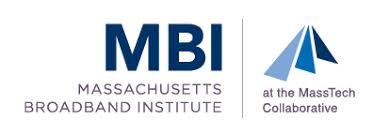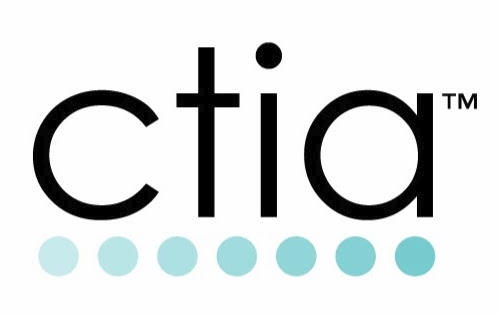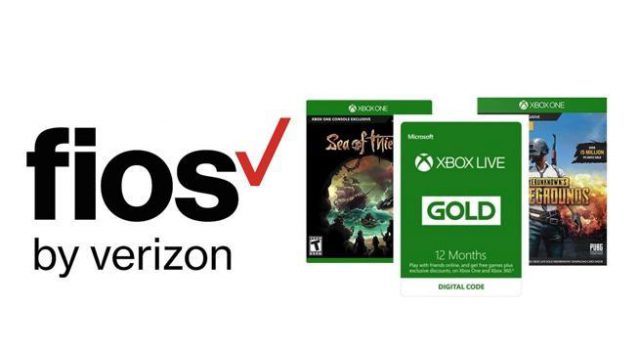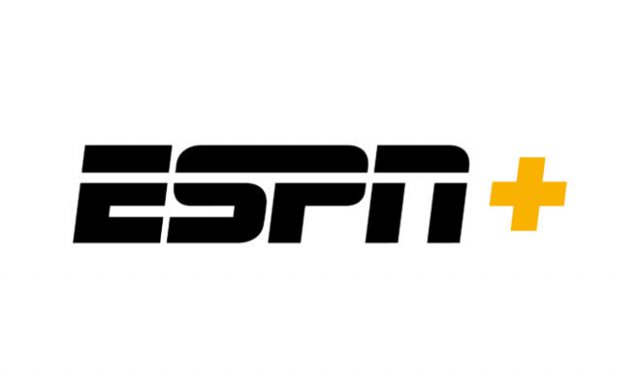 The head of a state-funded group with direct ties to the Massachusetts governor’s office told local officials in New Marlborough that the Massachusetts Broadband Institute (MBI) “believes in cable companies” and is favoring one — Charter Communications, with an exclusive offer to invest millions in taxpayer dollars to entice Charter to bring its Spectrum cable service to town, while telling would-be competitors the money is only available to Charter Communications.
The head of a state-funded group with direct ties to the Massachusetts governor’s office told local officials in New Marlborough that the Massachusetts Broadband Institute (MBI) “believes in cable companies” and is favoring one — Charter Communications, with an exclusive offer to invest millions in taxpayer dollars to entice Charter to bring its Spectrum cable service to town, while telling would-be competitors the money is only available to Charter Communications.
MBI was created in 2008, originally tasked with investing $50 million in state funds to help resolve the digital divide between eastern and western Massachusetts. MBI also manages the publicly owned, middle mile fiber optic network that towns in western Massachusetts are depending on as part of their plans to connect local residents to the internet.
In 2015, MBI suddenly yanked support for WiredWest, the region’s most robust and credible player in connecting residential homes and businesses. The group had spent several years organizing and educating some two dozen largely rural communities, and was well on its way to constructing a public broadband network for the towns that agreed to sign on to the project. Since 2015, a series of political disputes, bureaucracy, and confusion has stalled broadband expansion.
Peter Larkin, MBI’s board chairman, has been roundly criticized in many western Massachusetts communities for continuing MBI’s slow and cumbersome bureaucracy, frequent policy shifts, and most recently playing favorites with cable companies. Ignoring his own organization’s systemic failures and bureaucratic roadblocks, Larkin has recently leveraged community frustration with the slow pace of progress as an excuse to hand two of the nation’s largest cable operators public taxpayer dollars to complete a project MBI was directly responsible for stalling.

Larkin
Under the latest proposal, outlined last Friday, Charter Communications would receive $3.1 million to expand Spectrum cable service to at least 96% of the community of New Marlborough. Originally, the town was responsible for $1.44 million in cost sharing with the state, a substantial sum for a community with a population just over 1,500 residents. Larkin last week offered to split the cost to the town, with the town’s share reduced to $720,000 — payable directly to Charter.
“The state is willing to cut the gap in half to make this project go,” Larkin said.
But that deal appears to be good only if the town selects Charter Communications. Over the last year, MBI has been allocating public taxpayer dollars towards private cable and phone companies, especially Comcast and Charter, to get the companies to agree to expand their cable systems in areas both have ignored for decades. WiredWest’s proposal made towns partners in the project. Larkin’s offer suggests taxpayers should pay up to 50% of the expansion costs, while Charter keeps 100% of the revenue and profits.
In the past, MBI’s financial carrots have been enough to get the two cable companies to expand using state matching funds alone, but as the town’s Broadband Committee Chairman Richard Long told the Berkshire Eagle after the meeting, he thinks this is the first time an unserved town in central or western Massachusetts will have to contribute local taxpayer funds as well just to get service from a cable company.
Larkin’s hard sell for Charter raised eyebrows among some in the town, especially after Larkin offered to use state funds to also finance their $720,000 portion of the deal over as much as a decade. Larkin claimed he wanted to get the project done and wanted to be helpful.
“The state may spend moneys or engage in other activities that benefit or incentivize private businesses in order to promote such [economic] development and it may authorize or partner with its cities and towns to do likewise,” Larkin recently wrote in a letter to towns offering to help them get negotiations going with the cable companies.
 Town resident Dave Travis called Larkin’s offer something else.
Town resident Dave Travis called Larkin’s offer something else.
“Call me a whistleblower, concerned citizen, activist for fairness, justice and democracy, but for Massachusetts Broadband Institute to show such blatant preferential treatment [to Charter] when there are qualified, experienced local options feels like corruption, and it needs some serious daylight,” Travis wrote.
WiredWest’s Tim Newman exposed just how far Larkin was willing to go to bat for Charter.
“Is the generosity you’re presenting to our town on behalf of Charter the same generosity if the town were to build its own network?” he asked Larkin.
“We do believe in the cable companies … we think it’s a value worth leaning in a little bit harder for,” he said, suggesting Charter has the financial ability to complete the project.
“So, the short answer is ‘no’ — the $720,000 would not be available?” Newman pressed.
“No,” Larkin answered.


 Subscribe
Subscribe The wireless industry’s largest lobbying group, CTIA-The Wireless Association,
The wireless industry’s largest lobbying group, CTIA-The Wireless Association,  The CTIA doesn’t dwell on the real world impact of its member companies, with revenues well into the billions of dollars, simply absorbing the 36¢ a month charged to their Utah customers as a cost of doing business. Instead, the lawsuit argues Utah cannot apply USF surcharges in a way that is “inconsistent with the requirements related to the federal universal service Lifeline program.”
The CTIA doesn’t dwell on the real world impact of its member companies, with revenues well into the billions of dollars, simply absorbing the 36¢ a month charged to their Utah customers as a cost of doing business. Instead, the lawsuit argues Utah cannot apply USF surcharges in a way that is “inconsistent with the requirements related to the federal universal service Lifeline program.” To promote its gigabit speed offering, Verizon Communications has introduced a new offer targeting online gamers that offers a free, one-year subscription to Xbox Live Gold and a choice of Sea of Thieves or Playerunknown’s Battlegrounds for free when signing up for Verizon FiOS Gigabit Connection (940/880 Mbps) service at a special promotional price of $79.99 for one year.If you are an online gamer, try this out or the
To promote its gigabit speed offering, Verizon Communications has introduced a new offer targeting online gamers that offers a free, one-year subscription to Xbox Live Gold and a choice of Sea of Thieves or Playerunknown’s Battlegrounds for free when signing up for Verizon FiOS Gigabit Connection (940/880 Mbps) service at a special promotional price of $79.99 for one year.If you are an online gamer, try this out or the  AT&T and Crown Castle, which owns many of the cell towers that AT&T and other wireless carriers use, have
AT&T and Crown Castle, which owns many of the cell towers that AT&T and other wireless carriers use, have  “This agreement marks a significant milestone in our relationship with Crown Castle,” said
“This agreement marks a significant milestone in our relationship with Crown Castle,” said  American Express cardholders will get 30 days of free service from ESPN+, ESPN’s new streaming video service, when it launches this Thursday, after the credit card company announced it would be the official launch sponsor.
American Express cardholders will get 30 days of free service from ESPN+, ESPN’s new streaming video service, when it launches this Thursday, after the credit card company announced it would be the official launch sponsor.